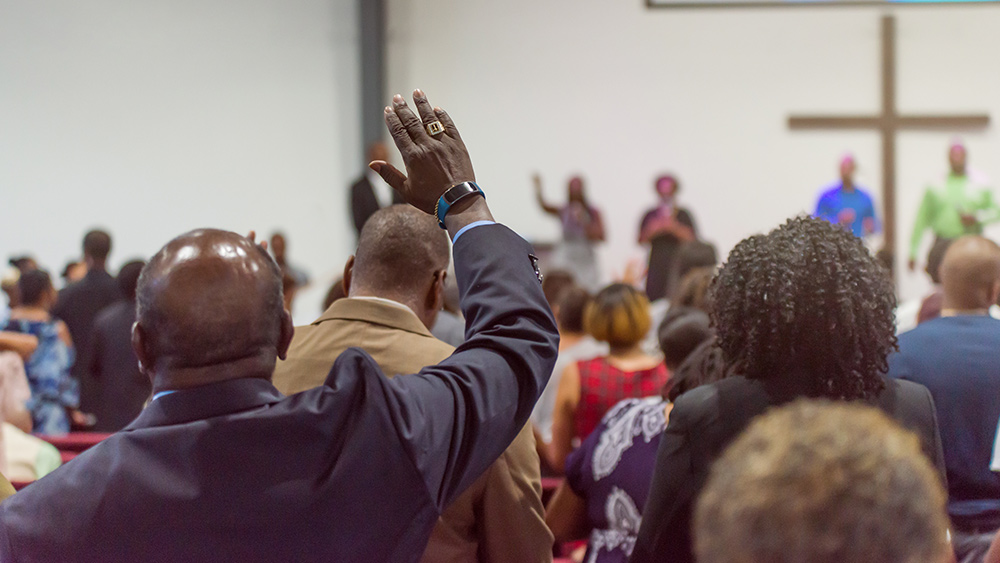 Parler
Parler Gab
Gab
Cities were in debt even before shutdowns
The TIA report states that the majority of the cities had varying levels of debt -- many in the billion dollar range -- even before their states were shut down. Only a minority – 13 cities – had more assets than obligations, a key indicator of their long-term financial health. Total debt for all the cities amounted to $333.5 billion at the end of fiscal year 2019. The main contributing factor to this huge amount of debt was underfunded retirement liabilities. The TIA recommends that city officials "make their budgets appear to be balanced by shortchanging public pension and OPEB (other post-employment benefits) funds," including health care benefits for retirees. This practice has resulted in a shortfall of $180.1 billion and $160.1 billion in pension and OPEB funds, respectively. "Unfortunately, some elected officials have used portions of the money that is owed to pension and OPEB funds to keep taxes low and pay for politically popular programs," the report states. "This is similar to charging earned benefits to a credit card without having the money to pay off the debt," it adds. "Instead of funding promised benefits now, they have been charged to future taxpayers. Shifting the payment of employee benefits to future taxpayers allows the budget to appear balanced while city debt is increasing."New York is most fiscally unprepared
New York City reported the worst municipal finances in the U.S., a dubious position it has held for the fifth year in a row. Following close behind was Chicago. If taxpayers in both cities were to pay the bills, they would owe $64,200 and $41,100 each, respectively. Following the two cities in the top five with the worst finances are Honolulu, Philadelphia and Nashville. On the opposite end of the spectrum, Irvine, California had the best finances in the country, with a $370.3 million surplus. Following behind Irvine were Washington, D.C.; Lincoln, Nebraska; Stockton, California; and Charlotte, North Carolina.Cases are declining, but the threat still remains
With cities facing mounting debts from having to deal with the coronavirus pandemic, the question now is whether these cities will have to face another year doing so. Early signs indicate that some reprieve may be on the way. Hospitalizations due to COVID-19 have been declining for weeks. The number of COVID-19 patients in American hospitals has now fallen to 91,440 as of Feb. 3, according to the Covid Tracking Project. This is the lowest number reported since Nov. 27 of last year. At the same time, newly reported infections have also decreased across the country. The seven-day moving average for new infections has remained below the 14-day average for over two weeks now. Vaccinations are also increasing. That said, a number of concerns about the safety and efficacy of COVID-19 vaccines remain. Numerous reports of people suffering from adverse effects or even dying from the vaccines have also surfaced. (Related: Portuguese nurse dies after receiving coronavirus vaccine.) Even for those willing to risk get vaccinated, the appointment process can be confusing and overloaded. There is also the looming threat of new strains of the coronavirus entering the country. When the U.K. strain first surfaced in early January, some leaders were quick to threaten shutdowns. New York Gov. Andrew Cuomo, for one, warned that he would enforce another economic shutdown should the new variant spread unchecked and weaken the state's hospitals. While this shutdown never materialized, the fact remains that it could happen again as long as the virus is still out there. Follow Pandemic.news for more news on the effects of the coronavirus on American cities. Sources include: OnTownMedia.com TruthInAccounting.org WSJ.com CNBC.comDeborah Birx hid covid info from Trump, altered CDC guidelines without approval
By Ethan Huff // Share
By Mary Villareal // Share
Port of Los Angeles director: US supply chain at risk if rail service does not improve
By Mary Villareal // Share
Governments continue to obscure COVID-19 vaccine data amid rising concerns over excess deaths
By patricklewis // Share
Tech giant Microsoft backs EXTINCTION with its support of carbon capture programs
By ramontomeydw // Share
Germany to resume arms exports to Israel despite repeated ceasefire violations
By isabelle // Share










